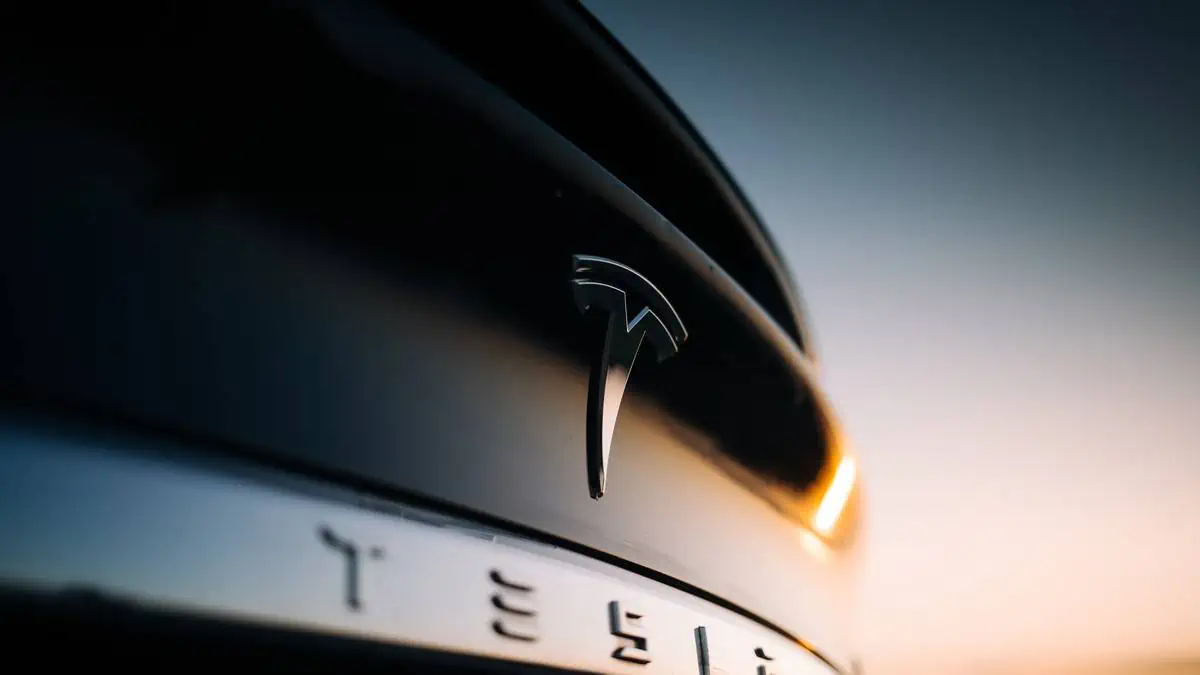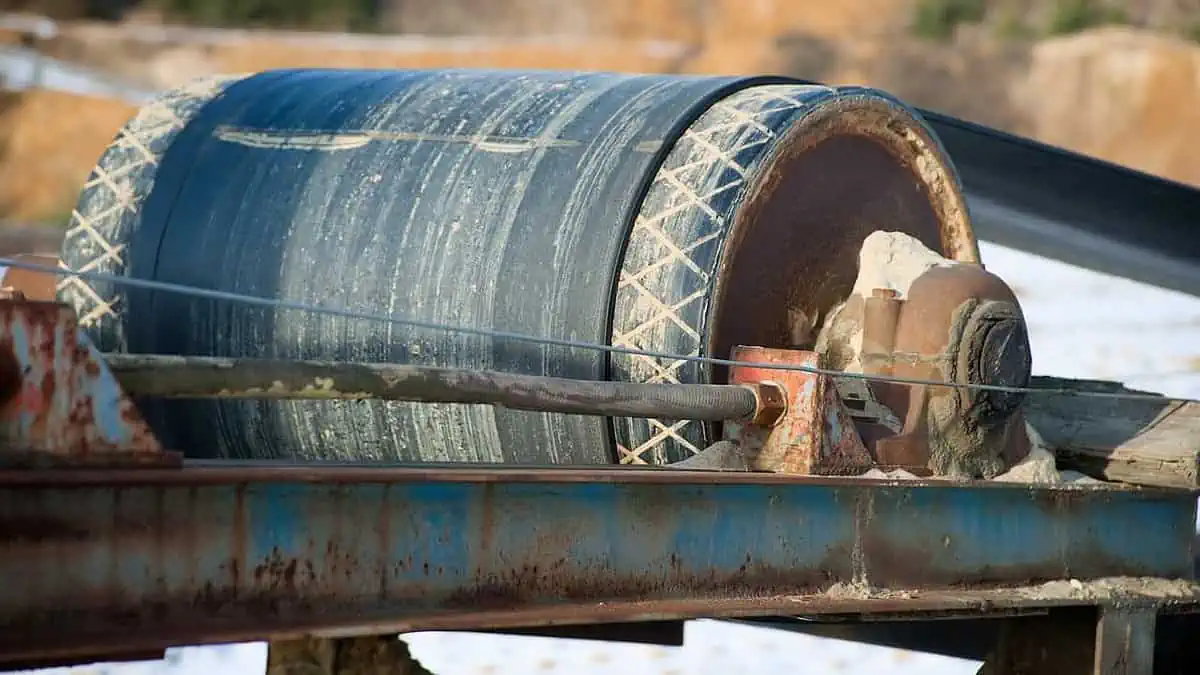Tesla is planning to develop its “super dense” supercomputer cluster in a notable portion of Giga Texas‘ southend expansion, Chief Executive Elon Musk disclosed.
Giga Texas to become home to one of the world’s biggest AI powerhouses
Prominent drone operator and Giga Texas watcher Jef Roberts shared some images and footage of the site on X and YouTube.
The video Roberts took on Sunday showed that the southend extension of the gigafactory was progressing well.
Roberts’ X post attracted the Tesla boss’ attention on Monday, revealing that the farthest zone from the extension’s glass facade would house an enormous, water-cooled supercomputer cluster.
“The rear portion of the factory extension (the part furthest away from the glass) will be a super dense, water-cooled supercomputer cluster.”
Tesla CEO Elon Musk
Tesla would highly likely leverage such a supercomputer cluster to advance its autonomous driving efforts. It may also be one of the largest supercomputers in the world, given the tremendous size of the gigafactory itself.
Longtime Giga Texas watcher Joe Tegtmeyer suggests that the Musk-led company would probably erect the supercomputer cluster near the southend extension’s central section.
Tesla intensifies AI push with new supercomputer cluster
As mentioned, Tesla’s upcoming supercomputer cluster in Giga Texas will be water-cooled. It is a key feature to manage the tremendous heat produced by such dense computational operations.
As per Joe Tegtmeyer, Tesla has already delivered and installed the cooling pipes. It indicates a significant advancement towards launching the supercomputer’s operation.
The supercomputer cluster is expected to aid Tesla’s efforts in autonomous driving development with its high computational power. It will help in analyzing enormous amounts of data in real time to improve the safety of its self-driving electric vehicles.
Tesla commits to AI leadership
Building one of the world’s largest supercomputers would enable Tesla to advance at the forefront of autonomous driving technology.
Its high computational power will support more rapid and more efficient development of self-driving algorithms.
In addition, the proximity of the planned supercomputer cluster could potentially optimize operations at the Giga Texas by enabling real-time data processing and decision-making.
You can watch Jef Roberts and Joe Tegtmeyer’s latest Giga Texas drone flyovers below:






